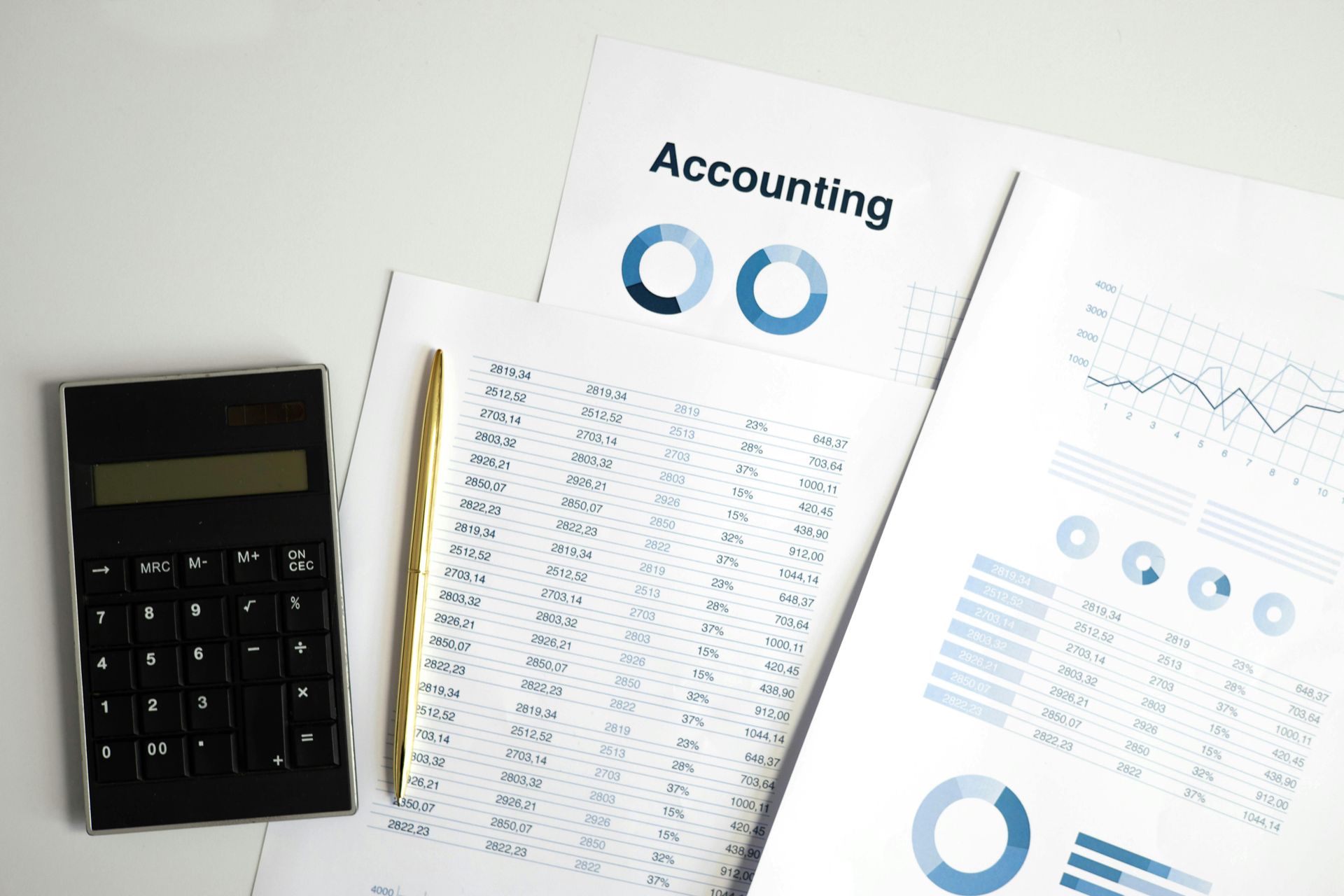Business Credit Score: How to build good credit
A strong credit profile is the foundation of your business’s financial health. Whether you’re a start-up or an established operator, a healthy credit score can open the door to better borrowing terms, investor interest, and growth opportunities.
Why your credit profile matters
When you apply for finance, lenders and investors want confidence that you can meet your commitments. Your credit profile shows your payment history, outstanding debts, and public financial records - all of which help them assess risk.
A poor score can mean higher interest rates or being declined for finance altogether. A good score, on the other hand, can give you the leverage to negotiate better deals and attract investment.
Your credit profile evolves over time, along with the business. And your overall business credit score is not static. By being responsible with your use of credit facilities and your overall financial governance, you can improve your credit score and open up more routes to funding.
Key ways to build and protect your score
1. Pay bills and debts on time
Always pay your bills, invoices and loans before their due dates. This demonstrates that you’re reliable and financially responsible, factors that are heavily weighted by credit reporting agencies (CRAs) and lenders when assessing your business's creditworthiness.
2. Keep credit use in check
Avoid maxing out credit limits. Lenders like to see that you’re using well under 30% of the credit available to you — it shows you’re not overly reliant on borrowing.
3. Apply for new credit strategically
Multiple credit applications in a short time can raise red flags. Each application may trigger a “hard inquiry” on your report, which can temporarily lower your score. Only apply when you truly need it.
4. Separate business and personal credit
Use a dedicated business credit card for operational expenses and pay the balance in full each month. This builds a separate business credit history and keeps personal finances out of the picture.
5. Maintain a healthy debt-to-equity ratio
Make sure the business isn't overly reliant on debt compared to its own equity. A balanced capital structure is a good sign of financial stability to lenders, showing that you have a strong financial foundation to support your obligations and future growth.
6. Keep your records up to date
Make sure you’re updating your financial records, statutory accounts and company filings. This makes it easier for the CRAs, lenders and investors to access your public records, check for good governance and form an opinion on your creditworthiness.
Where to start
If your business is new, you may not have much credit history yet. Start small — a business credit card, small supplier accounts, or short-term finance — and manage these well. Over time, your positive track record will strengthen your score.
The bottom line:
Your credit profile isn’t just a number. It’s a reflection of how you run your business. Building and maintaining it takes consistency, but the payoff is greater flexibility, lower costs, and more opportunities to grow.
How can BFA help you?
Come and talk to us about other ways to improve your business credit score, sure up your finances and get the funding you need to bring your strategy to life.
Get in touch with your Client Advisor or contact us here











